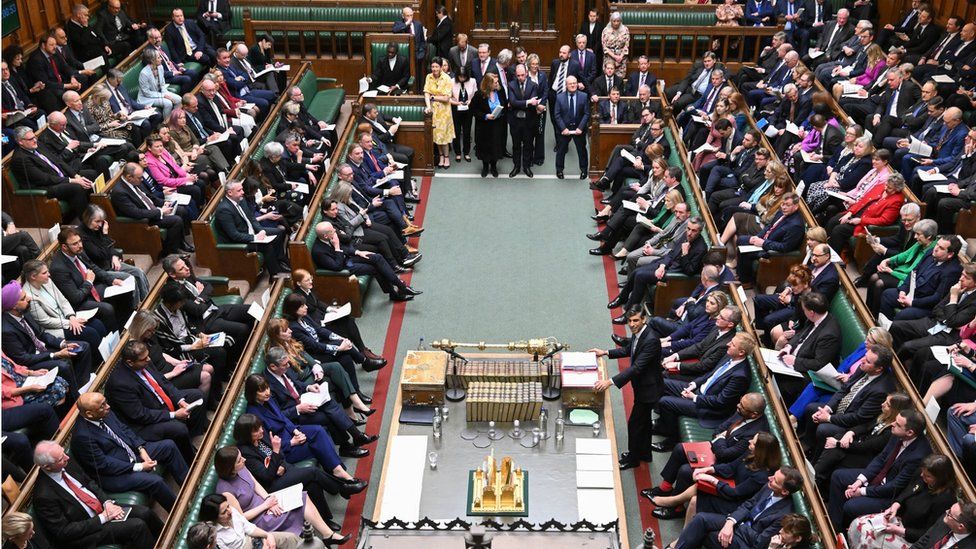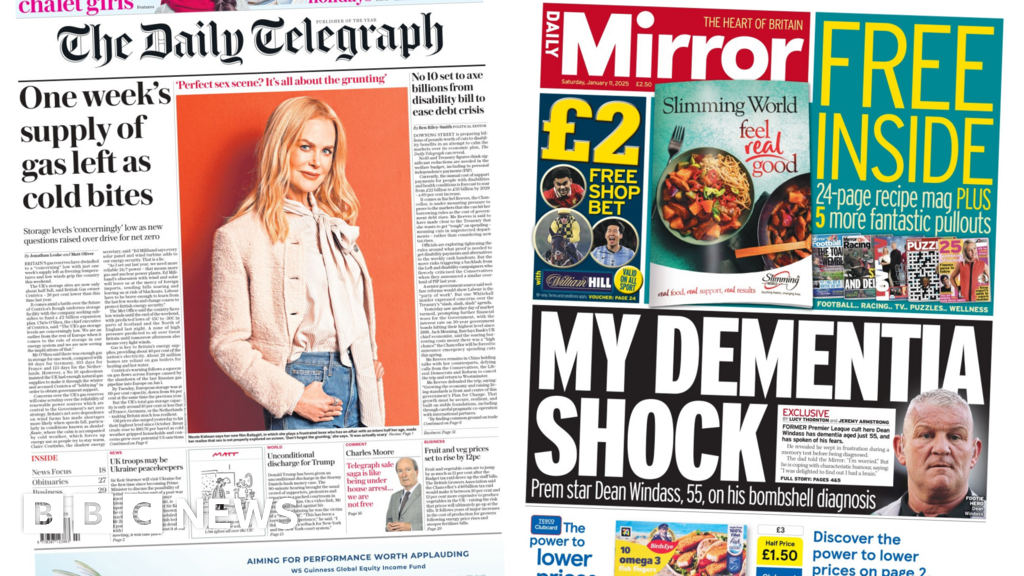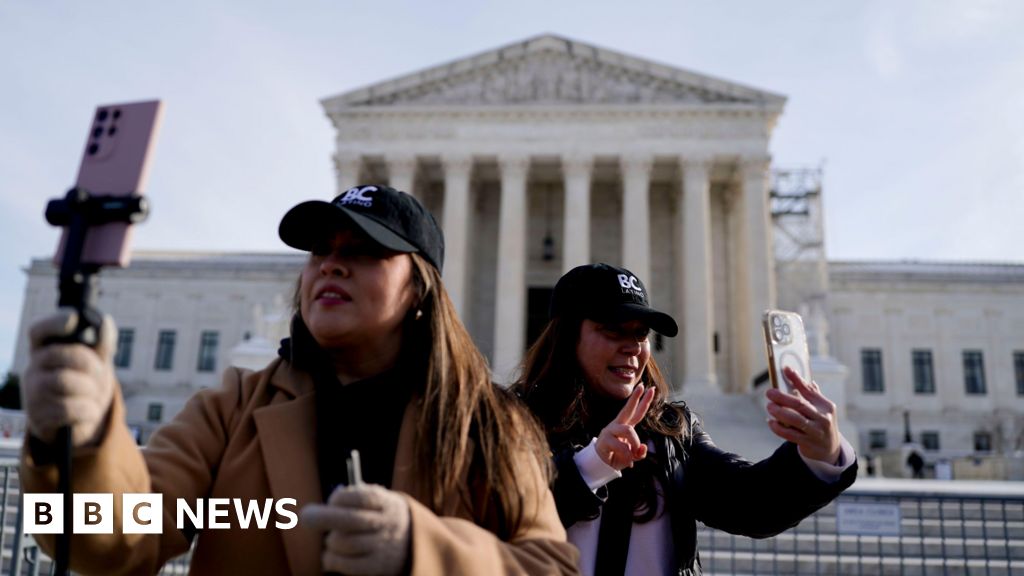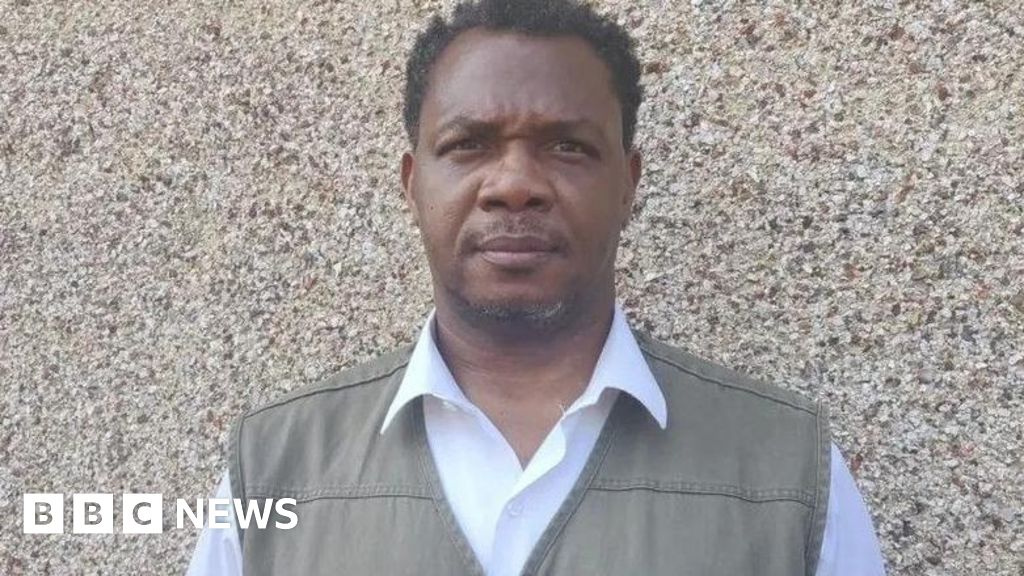 Image source, UK Parliament
Image source, UK Parliament
By Chas Geiger
Political reporter
MPs will get a pay rise of 5.5% from April, lifting their annual salary to £91,346, Parliament's pay and expenses watchdog has announced.
The Independent Parliamentary Standards Authority (Ipsa) said the decision was in line with the award recently agreed for senior civil servants.
The Consumer Prices Index inflation rate stood at 4% in January.
Last year, Ipsa said a 2.9% increase took account of an "extremely difficult" economic backdrop.
Announcing the latest pay award, Richard Lloyd, chair of Ipsa, emphasised that the independent body's aimed to make decisions on pay that were "fair... both for MPs and the public".
"Serving as an MP should not be reserved to those wealthy enough to fund it themselves. We believe our decision recognises the vital role MPs play in our democracy and considers the continued economic challenges facing the country.
"We are committed to supporting a Parliament that reflects our society, where people from all walks of life can decide to become MPs."
Backbench MPs who chair cross-party select committees, such as the Treasury committee and the defence committee, are entitled to an additional salary of £17,354, as of April 2023, which is also set by Ipsa.
Currently, Rishi Sunak receives an additional £75,440 as prime minister, on top of his MP's salary, taking his total pay from April to £166,786.
Cabinet ministers get an extra £67,505 on top of their MP's pay, ministers of state £31,680, and the most junior ministers £22,375.
As leader of the opposition, Sir Keir Starmer receives an extra £49,193.
Ipsa was created in 2009, largely as a response to the MPs' expenses scandal, in an attempt to make payments more transparent and to reach independent decisions on MPs' salaries.
Previously, MPs determined their own salaries and expenses.
Last August, Ipsa announced that severance pay for MPs leaving Parliament at the next general election - expected later this year - would double. Following this April's pay award, it will rise to more than £20,000.
Former MPs will receive four months' net pay instead of two, while they close their office and manage the departure of their staff. Ipsa said the two-month period was not long enough.
Nearly 100 MPs have announced they will not stand again at the general election - including former Prime Minister Theresa May last week.
 (1).png)
 9 months ago
12
9 months ago
12


















